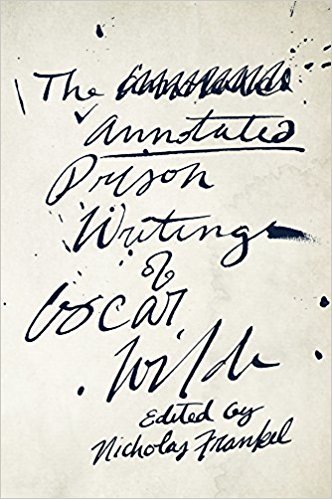What do you think?
Rate this book


408 pages, Paperback
Published May 1, 2018
You [Bosie] concluded your letter by saying: “When you are not on your pedestal you are not interesting. The next time you are ill I will go away at once.”…how often have those words come back to me in the wretched solitary cell…For you to write thus to me, when the very illness and fever from which I was suffering I had caught from tending you, was, of course, revolting in its coarseness and crudity.
Of course when they saw me I was not on my pedestal. I was in the pillory. But it is a very unimaginative nature that only cares for people on their pedestals…I have said that behind sorrow there is always Sorrow. It were still wiser to say that behind sorrow there is a soul. And to mock at a soul in pain is a dreadful thing. Unbeautiful are their lives who do it.